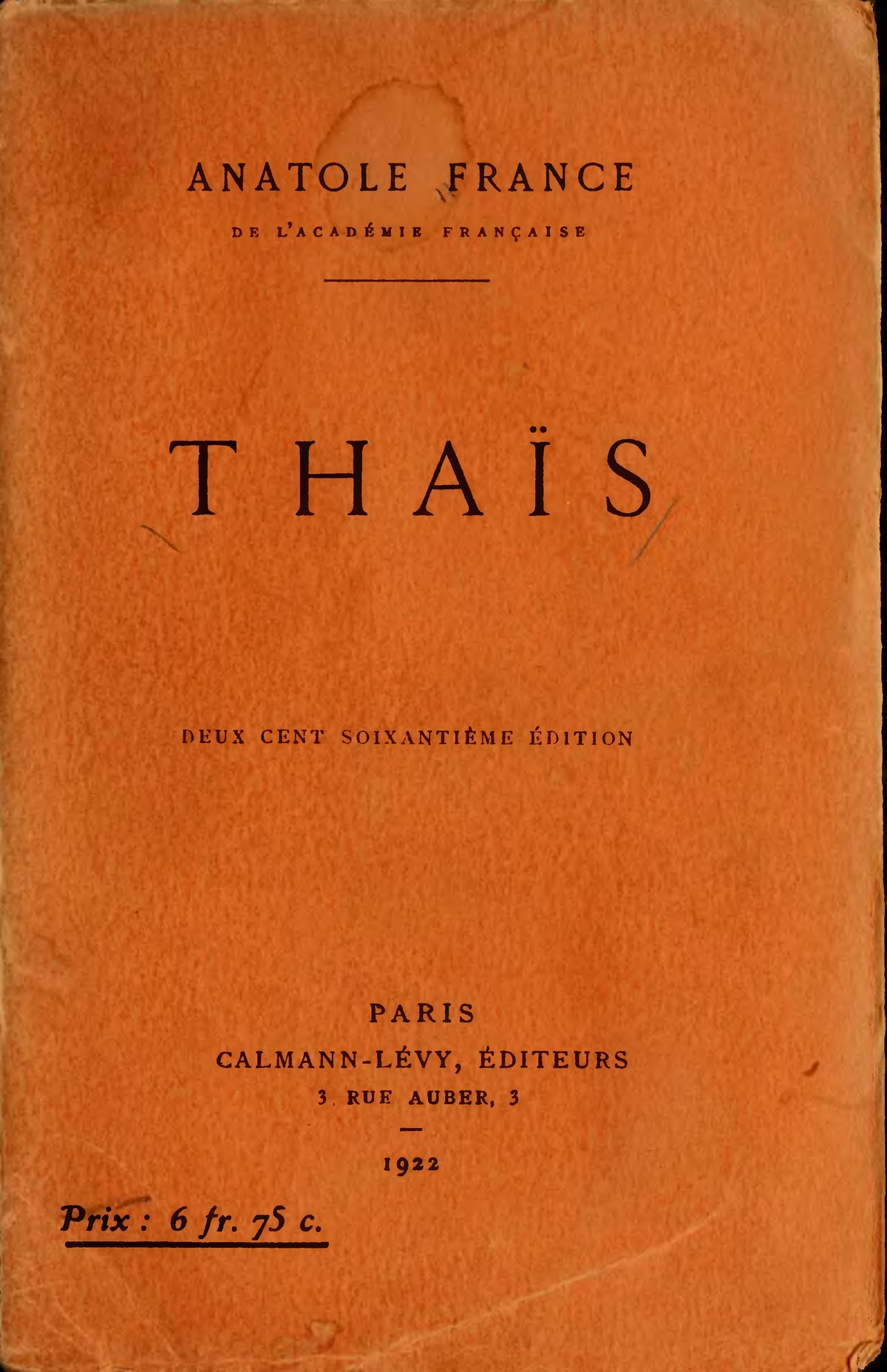PART THE THIRD
byPart the Third begins with Paphnutius returning to the desert, the place that once represented peace, holiness, and divine focus. Yet what he finds is not the comforting silence of God but an unsettling emptiness that unsettles his soul. The sand, once a symbol of spiritual purification, now reflects only the dryness within his heart. He tries to pray, kneeling on familiar ground, but his prayers echo back unanswered, lost in a silence that now feels oppressive. His disciples greet him with reverence, but their presence only reminds him of the man he once was—a man who believed unwaveringly in his mission. Instead of joy, his return brings unease, for the desert no longer seems like home. Every shadow, every gust of wind carries with it the image of Thais, and her memory begins to dissolve the boundaries between his past zeal and his present confusion.
He questions whether his actions were for God or for his own pride. The image of Thais praying, radiant in repentance, both consoles and tortures him. Was his role truly to save her, or was he drawn by something unholy, disguised as righteous intent? These doubts become louder than his faith, echoing through his nights with increasing intensity. Even the act of climbing his column, meant to elevate him closer to God, now feels futile. Each step upward only leads to a deeper fall within. And as the days stretch on, the visions become more persistent, the desert transforming into a stage where demons wear faces from his past. He realizes his spiritual armor is no longer intact. He is exposed—not to the world, but to himself.
In his confusion, Paphnutius seeks Palemon, the wise hermit who still maintains a gentle clarity amidst the desert’s harshness. Palemon listens without judgment and speaks plainly: extremity in any form blinds more than it reveals. He advises balance, reminding Paphnutius that God is not always found in silence, hunger, or pain, but sometimes in the simple humility of living. Still, the words fail to settle the storm within Paphnutius. He cannot shake the belief that only through further isolation can he redeem himself. Leaving behind his brothers and Palemon’s gentle wisdom, he retreats even deeper into the desert, distancing himself from all human presence. It’s not solitude he seeks, but erasure—a way to obliterate the part of him that still remembers Thais with tenderness instead of spiritual detachment.
Time loses meaning in that exile. The desert’s silence sharpens until it begins to whisper things he cannot trust. Thais’ face reappears, not in memory, but in dreams too vivid to ignore. Are these divine reminders of her sanctity, or deceptions meant to destroy him? The lines blur. He prays until his voice cracks, fasts until his body fails, but no peace arrives. One night, as stars hang low over the barren land, he breaks. In a moment of overwhelming clarity—or madness—he realizes Thais is dying. The same spirit that once drove him to save her from sin now drives him toward her again, not as a monk, but as a man desperate to see her one last time.
His journey back is not fueled by divine calling but by something deeper, more raw: love. Not the purified love of the soul, but love with longing, regret, and unbearable sorrow. When he finally reaches her, her body is fading but her face is calm. She dies as a saint, her soul rising on a tide of peace that Paphnutius himself no longer believes in. Her forgiveness and transformation are complete. His, however, is left suspended—untouched. The life he led feels distant now, almost foolish. The column, the fasts, the sermons—all vanish in the presence of her serene end. In his heart, nothing feels resolved. Faith has become hollow, stripped of mystery and filled with grief.
What lingers is not just the tragedy of lost love, but the profound realization of how deeply human desires can entangle even the most devout intentions. Paphnutius thought he was saving Thais, but perhaps it was she who revealed to him the truth of his soul. Holiness built without compassion is brittle, and passion denied becomes a wound. In this quiet undoing of a monk’s certainty, the story leaves us with a haunting question: Is salvation found in the desert, or in the love we tried to leave behind?

